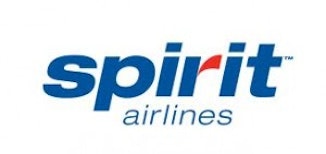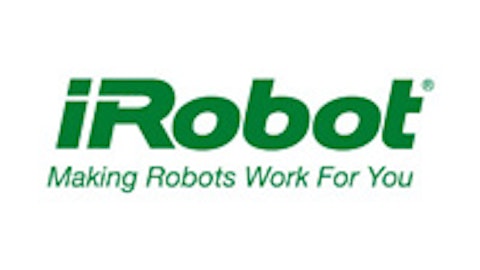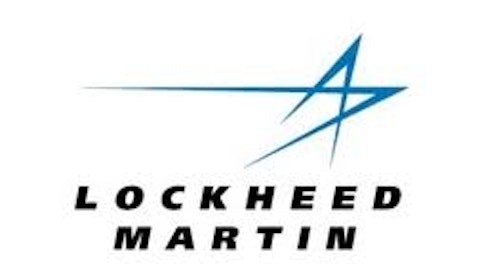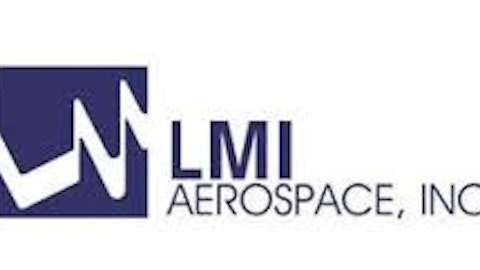
As a result, only two major players in the airline industry remain in the United States – United Continental Holdings Inc (NYSE:UAL) and Delta Air Lines, Inc. (NYSE:DAL). However, for investors who haven’t been paying attention, both stocks have rallied strongly over the past twelve months – United Continental has risen 25% while Delta has surged more than 60%. As the U.S. economy continues on its slow road towards recovery, fuel costs have remained low and airline passenger volume has remained strong.
Although United Continental Holdings Inc (NYSE:UAL) and Delta Air Lines, Inc. (NYSE:DAL) have had a good run over the past year, I’d like to focus on two of the smaller guys in the market – Ryanair Holdings plc (ADR) (NASDAQ:RYAAY) and Spirit Airlines Incorporated (NASDAQ:SAVE) – which have respectively risen 65% and 60% over the past year. Both companies have introduced controversial methods of maintaining their growth, and in this article I will explore the different ways that Ryanair Holdings plc (ADR) (NASDAQ:RYAAY) and Spirit Airlines Incorporated (NASDAQ:SAVE) have been able to squeeze out profits more successfully than their larger rivals.
Fundamentals first
First, let’s take a look at how Ryanair Holdings plc (ADR) (NASDAQ:RYAAY) and Spirit Airlines Incorporated (NASDAQ:SAVE) measure up to their larger rivals on a fundamental basis.
| Forward P/E | Price to Sales (ttm) | Return on Equity (ttm) | Debt to Equity | Profit Margin | Qty. Earnings Growth (y-o-y) | Qty. Revenue Growth (y-o-y) | |
| United Continental | 6.15 | 0.28 | -86.28% | 12,922.34 | -1.86% | N/A (loss) | 1.40% |
| Delta Airlines | 6.01 | 0.42 | 2.43% | N/A (12.99B Debt) | 2.43% | -94.40% | 1.00% |
| Ryanair | 14.88 | 2.27 | 17.31% | 106.90 | 11.66% | 13.00% | -2.90% |
| Spirit Airlines | 12.80 | 1.71 | 20.91% | No debt | 8.33% | 30.50% | 22.90% |
| Advantage | Delta | United | Spirit | Spirit | Ryanair | Spirit | Spirit |
Source: Yahoo Finance, 6/21/2013
Ryanair and Spirit’s wide profit margins, double-digit earnings growth and robust return on equity are all a stark contrast to the anemic single-digit and negative figures reported by United Continental Holdings Inc (NYSE:UAL) and Delta Air Lines, Inc. (NYSE:DAL). Although United Continental and Delta are far cheaper based on P/E and P/S valuations, their other valuations indicate very little upside from current prices.
The art of ancillary fees
Spirit Airlines Incorporated (NASDAQ:SAVE) and Ryanair Holdings plc (ADR) (NASDAQ:RYAAY) are both discount airlines that sell very cheap flights in America and Europe, respectively. Some base tickets cost as cheap as $30-$40, making them the first stop for cash-strapped travelers. However, Spirit and Ryanair have perfected the art of ancillary fees – those extra charges for luggage, check-ins, drinks, beverages and other services.
Ryanair Holdings plc (ADR) (NASDAQ:RYAAY) is notorious for piling on these charges, charging extra fees for printing boarding passes ($108), online bookings ($15) and checking in bags ($46 each). Spirit Airlines Incorporated (NASDAQ:SAVE) charges $35 online for additional carry-on luggage, $50 for checked luggage checked at the counter, and $100 for luggage checked at the gate. Spirit Airlines even charges a controversial “passenger usage fee” for online purchases, which charges $9 to $17 for all tickets not directly purchased at airline counters. Both airlines charge extra for in-flight beverages and food.
These ancillary fees accounted for 21.8% and 38.5% of Ryanair Holdings plc (ADR) (NASDAQ:RYAAY) and Spirit Airlines Incorporated (NASDAQ:SAVE)’s top line in 2012, respectively. Spirit ranks first in the industry for ancillary fees as a percentage of overall revenue, according to a recent report from IdeaWorksCompany. While these charges are incredibly unpopular with many travelers, including singer Brian McFadden, who openly picked a fight with Ryanair earlier this month over its fees, it’s a business model that produces some incredible profit margins in an otherwise low-profit industry.





